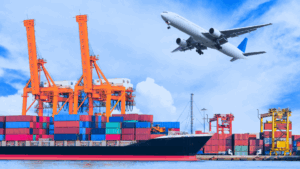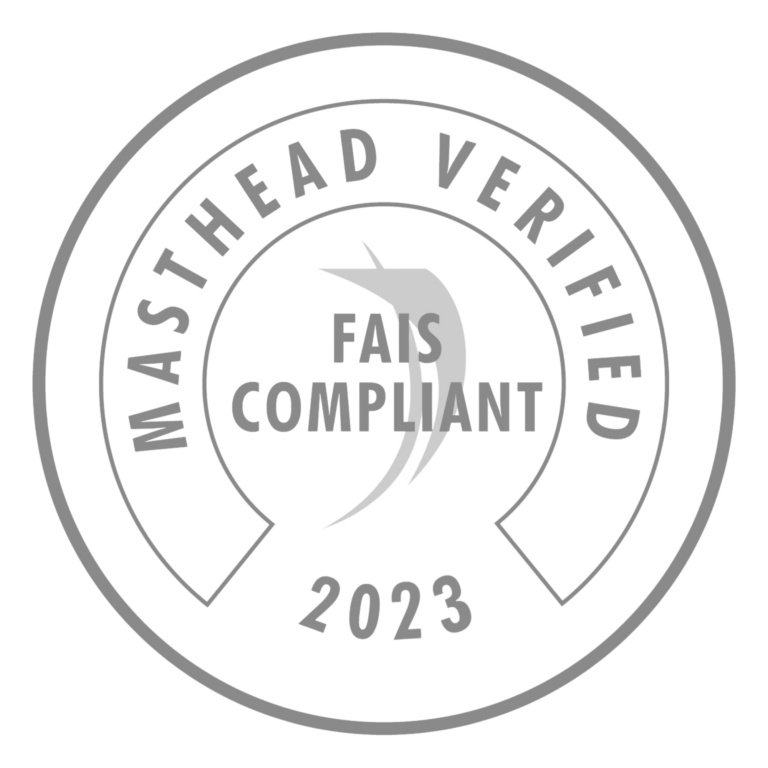Analysis
South Africa’s Steel Crisis: Managing Forex Risk in a Shifting Industrial Landscape
South Africa’s industrial economy is bracing for the fallout from ArcelorMittal South Africa’s decision to wind down its long-steel business. The steel producer, the country’s largest, announced plans to shut down its long-steel operations due to rising costs, weak demand, and increased competition from cheaper imports.
-
Nicky Strydom
- 3 minutes read

However, ongoing discussions with the South African government and increased orders initially delayed the closure. As of April 2025, the shutdown has been officially postponed until at least August 31, 2025, following a capital injection from the Industrial Development Corporation (IDC). A final decision regarding the long-term future of the long-steel business will be based on the outcome of a due diligence assessment conducted during this period.
While the full closure is not yet confirmed, the potential shutdown has already had significant ripple effects. An estimated 3,500 direct job losses could extend to 20,000 to 25,000 additional job cuts across related sectors, including the automotive and construction industries, which rely heavily on domestically produced steel.
With the South African rand (ZAR) already volatile due to economic uncertainties, the shift to imported steel raises concerns over trade imbalances, investor confidence, and price instability. Businesses must now consider how best to mitigate financial risks tied to currency fluctuations in an increasingly uncertain environment.
A Deepening Crisis in the Steel Industry
ArcelorMittal South Africa, a subsidiary of the world’s second-largest steelmaker, has struggled with high production costs, declining demand, and increased competition from imports. The company had originally planned to halt production at its Newcastle and Vereeniging long-steel operations by early 2025.
However, a R1.683 billion capital injection from the state-owned Industrial Development Corporation has extended operations through August 2025. During this time, a formal review will determine the long-term viability of the long-steel business amid ongoing structural challenges in the industry.
The implications of a potential closure remain severe:
- 3,500 direct job losses, with broader industry estimates of 20,000 to 25,000 additional job cuts.
- Automotive and construction sectors—two of the biggest steel consumers—are forced to seek alternative suppliers, likely from international markets.
- Increased forex market volatility, as South Africa’s reliance on steel imports raises concerns about trade balance deterioration and currency fluctuations.
Broader Trade Dynamics Intensify Currency Pressures
In addition to domestic economic pressures, the effects of global trade tensions—particularly the ongoing US-China tariff war—have added another layer of complexity. As Chinese steel finds alternative markets due to US tariffs, South Africa has seen a surge in lower-cost imports. This has intensified pressure on local producers and further contributed to the volatility of the rand, underscoring the need for robust forex strategies among South African importers and exporters.
Why This Matters for Businesses
Even without a confirmed shutdown, the shift in the steel supply chain is already exposing businesses to greater forex risks:
- Greater dependence on imports exposes businesses to forex volatility, particularly against major trading currencies like the US dollar (USD), euro (EUR), and Chinese yuan (CNY).
- Higher import costs, leading to compressed profit margins for manufacturers and exporters.
- Uncertain government response, with potential policy shifts affecting trade and investment sentiment.
For businesses reliant on importing steel or exporting steel-based products, these risks demand a strategic approach to forex risk management.
The Currency Risk for Businesses Importing Steel & Raw Materials
The South African rand (ZAR) is one of the most volatile emerging market currencies, reacting sharply to economic and political uncertainties. The uncertainty surrounding ArcelorMittal’s long-steel division has further exacerbated volatility, leading to:
- Unpredictable swings in exchange rates, making pricing and budget planning difficult.
- A weakened trade balance, as more foreign currency leaves the country to pay for imported steel.
- Increased financial risk for importers, who must now negotiate and settle payments in foreign currencies.
Key Challenges for Businesses
- Exchange Rate Fluctuations Impacting Profit Margins
- A manufacturer signing a steel import contract at $1 million (USD) faces financial uncertainty.
- If the ZAR weakens by 5%, the local cost increases from ZAR 19 million to ZAR 19.95 million (assuming an exchange rate of ZAR 19/USD).
- Without a hedging strategy, the additional cost must be absorbed, cutting directly into profit margins.
- Delayed Payments & Forex Losses
- Payment delays due to regulatory issues or supply chain disruptions can result in losses if exchange rates move unfavourably before payment is completed.
- Lack of Forex Risk Management Expertise
- Many businesses lack the treasury expertise needed to navigate forex risks, leaving them exposed to avoidable financial shocks.
Global trade tensions, such as the US-China tariff war, have displaced Chinese steel into African markets—flooding South Africa with cheaper alternatives and amplifying currency volatility.”~ Source: Commodity Trade Observer, 2025
How Companies Can Protect Themselves from Forex Volatility
- Lock in Costs with Forward Contracts
- Lock in an exchange rate for future payments, securing cost stability.
- Prevents unexpected forex losses due to adverse currency movements.
- Example: A steel importer secures USD/ZAR at a fixed rate for three months, shielding against market fluctuations.
- Diversify Risk with Multi-Currency Treasury Solutions
- Holding funds in multiple currencies to reduce conversion costs.
- Optimising payment timing based on favourable exchange rates.
- Helps businesses diversify forex exposure across markets.
- Hedge Against Volatility with Risk Mitigation Strategies
- Using currency options to hedge against extreme fluctuations.
- Regular market analysis to anticipate forex trends and respond proactively.
- Engaging forex experts to develop tailored risk strategies.
Businesses that integrate these strategies into their financial planning can stabilise costs, protect profit margins, and enhance financial resilience in the face of forex volatility.
CC Currencies Offers Specialised Forex Solutions for Importers & Exporters
As South African businesses grapple with rising import costs and exchange rate instability, a proactive forex strategy is no longer optional—it’s essential.
- Industry Expertise: Decades of experience in forex risk management for importers & exporters.
- Bespoke Strategies: Tailored hedging solutions aligned with individual business needs.
- End-to-End Support: From risk assessments to transaction execution, ensuring cost-effective forex management.
- Proven Results: Case studies demonstrating how businesses have stabilised costs despite forex market volatility.
Take Control of Your Forex Risk Today
The continued uncertainty surrounding ArcelorMittal’s long-steel operations, even with the temporary reprieve, compels businesses to reassess their supply chains and currency exposure. While operations persist for now, the prospect of closure remains on the table, making proactive forex risk strategies more crucial than ever. In uncertain markets, strategic currency management isn’t just a back-office task—it’s a competitive advantage.
CC Currencies helps businesses bring structure, foresight, and confidence to managing risk—even when the policy landscape keeps shifting.
Steel supply shocks are here. Is your FX strategy ready?
Facing higher import costs and rand volatility? We’ll help you protect your margins.
Schedule a consultation with our forex risk specialists today.











